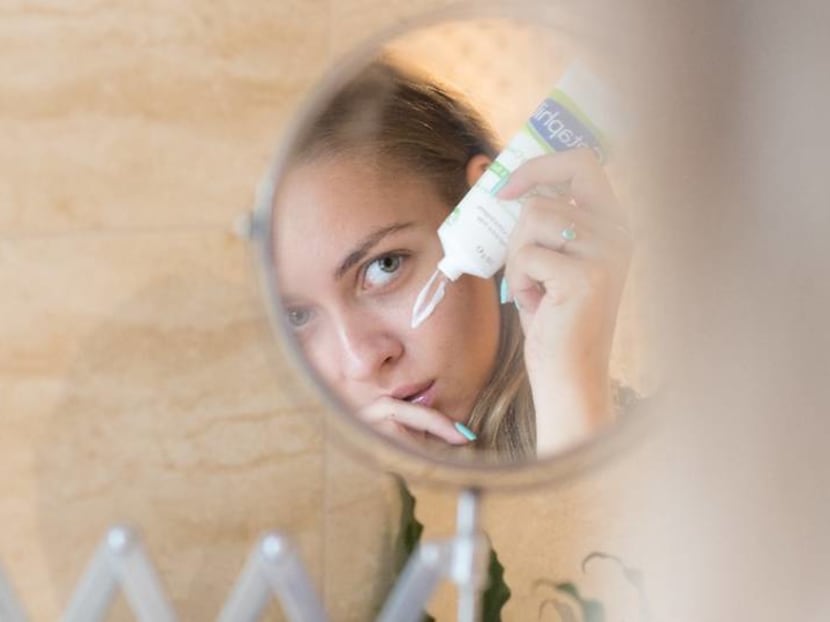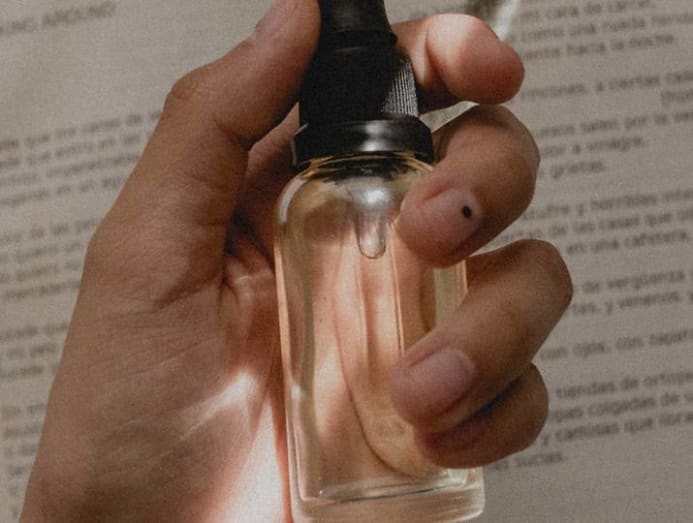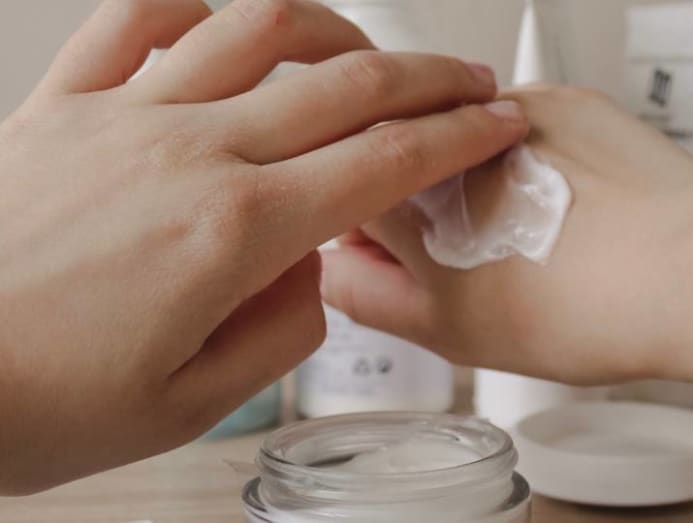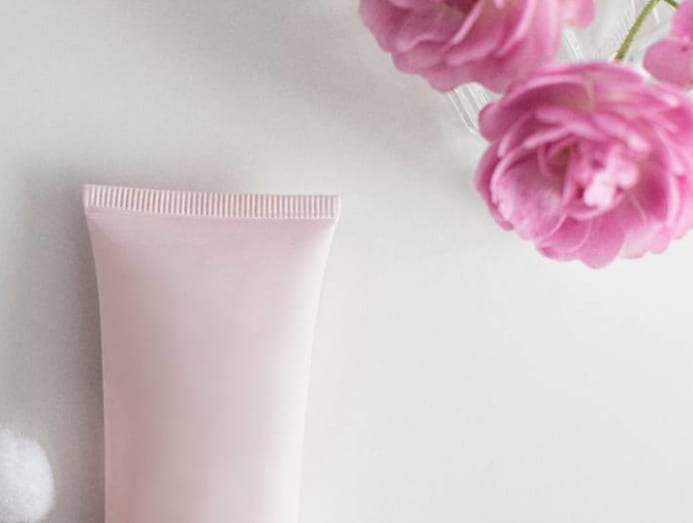Love to mix your beauty skincare brands? That's not good for your skin’s health
If you’re the type to try a bunch of different products from different companies, better think twice: Combining these might have negative effects on sensitive skin.

(Photo: Unsplash/Humphrey Muleba)
Take a look at the skincare products on your vanity table – how many beauty brands are you using right now?
If you’re someone who loves trying out new formulations and the latest skincare technologies, you're likely to own a slew of beauty products from international to indie labels.
You might like a toner and moisturiser from one brand, but find yourself using multiple serums from other brands. Or perhaps you’re alternating between several brands from day to day.
But while most people use a mix of skincare brands without their skin acting up, that does not mean that everyone can do so without expecting any negative effects, especially if you have problem-prone skin.
READ: Sleeping late with your makeup on? 10 bad skincare habits you need to stop now
WHY MIXING BRANDS CAN BE DANGEROUS

The potential harm that can come from “mixing” skincare brands is that you might be layering too many skincare actives, ie, the ingredients in a product that are responsible for bringing about the treatment action on your skin.
These can include a wide range of ingredients, from retinol and vitamin C to niacinamide and hyaluronic acid to alpha-hydroxy acids, all of which target specific skin issues from wrinkles to a dull complexion.
The potential harm that can come from “mixing” skincare brands is that you might be layering too many skincare actives.
Dr SM Yuen, an aesthetic doctor at Atlas Medical Derma-Regen Clinic, explained that layering on products with two or more such actives may irritate or dry out the skin.
“For example, retinol doesn’t work well with benzoyl peroxide, which is commonly found in products that target acne. Another common example is vitamin C, which doesn’t work well with alpha-hydroxy acids,” he said.
Retinol with vitamin C can potentially be too potent a mix for skin, while using multiple products that contain the same active is similarly not a good idea. Skin dryness, peeling, itching, redness, inflammation and breakouts are possible signs of skin irritation.
READ: Smart skincare: How today’s beauty products do more than just cleanse and moisturise
COMBOS THAT MAY WORK

While the above is true, not all actives are incompatible. Certain actives can work well together. A good example is to pair products with calming and moisturising ingredients together with others containing brightening or exfoliating ingredients that can potentially dry out or irritate the skin.
Any product that sounds too good to be true probably is – so just be a little cautious with exaggerated claims.
“Sometimes, moisturising actives like ceramides and hyaluronic acid can hydrate and calm skin when you’re using retinol and exfoliants like AHAs or BHAs,” explained Dr Yuen. But still, he cautioned that there are no hard and fast rules here, and it’s all down to understanding if the combination works.
HOW TO PROCEED WITH CAUTION

Dr Yuen believes that it’s safer to stick to a single brand for your skincare needs as far as you can manage. “Generally, when brands design their skincare range, they will ensure that all the products work well together and in synergy,” he said.
He added: “This, however, does not mean that you cannot use skincare products from different brands at the same time – there are instances where somehow, a certain product from another brand just happens to suit an individual’s skin better.”
That said, if you want to do so, don’t throw caution to the wind. It’s wise to vet ingredient lists, be aware of the skincare actives that are in all the products that you are currently using and be extra careful if you’re thinking about adding new ones into the mix.
Actually, skincare is and should be as simple as possible. Cleanse, hydrate, sun protection, damage repair, ageing protection – that’s all you need in a good regimen.
What is the best course of action when one finds her existing beauty products are inadequate for her skincare needs?
Dr Yuen explained: "A very common scenario is when someone starts on a skincare brand and then finds that the night moisturiser from the line is not adequately moisturising. In such a case, it would be better to go back to the same brand and ask if there are more product options or other combinations you can try, instead of buying another brand’s product on a friend’s recommendation or on a whim.”
READ: Cleansing oil or milk? How to choose the right makeup remover for your skin
"However, folks with sensitive or acne-prone skin should really put their skincare needs into the hands of a professional (whether he or she is a beauty advisor or dermatologist)," advised Dr Yuen.

Skincare is and should be as simple as possible. Cleanse, hydrate, sun protection, damage repair, ageing protection – that’s all you need in a good regimen, said the aesthetic doctor. "It’s really not that hard to find four or five products (from a single line) that work and stick with them."
The ‘plainer’ the products are, sometimes the better they are – although I know this can be boring to ladies.
"Any product that sounds too good to be true probably is – so just be a little cautious with exaggerated claims. The ‘plainer’ the products are, sometimes the better they are – although I know this can be boring to ladies,” he added.
For a failsafe way to maintaining skin health, Dr Yuen suggested going for products that are dedicated or focused on a single purpose and avoiding “all-in-one” products that claim to have multiple functions.
It might be difficult to resist the temptation to try the newest and most advanced products that everyone else is raving about, but remember that you’d want to do so with minimal risk.



